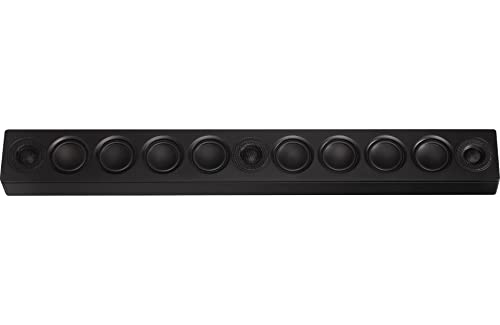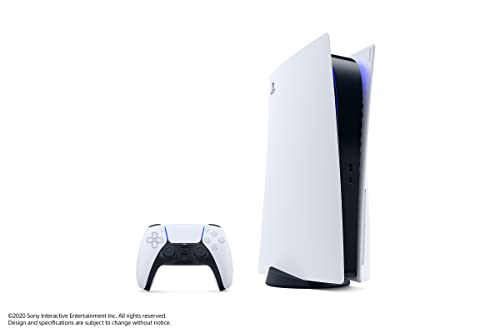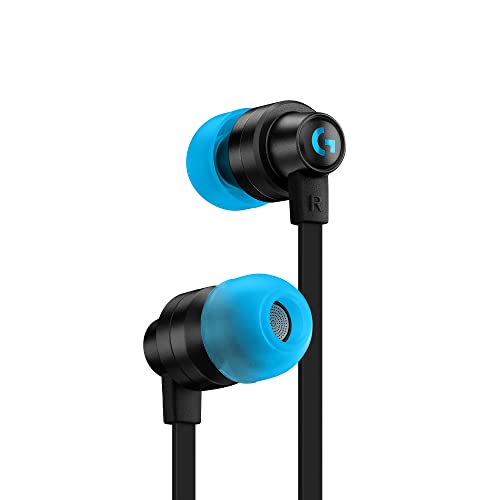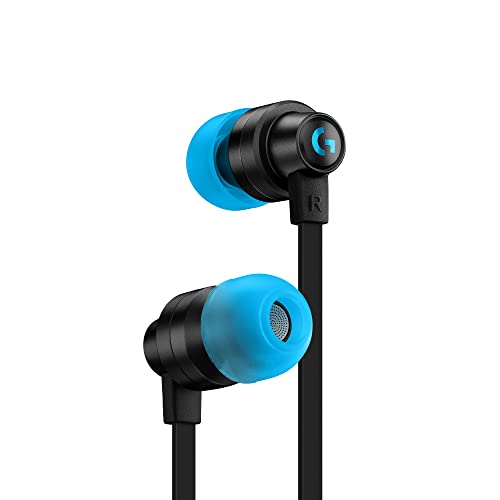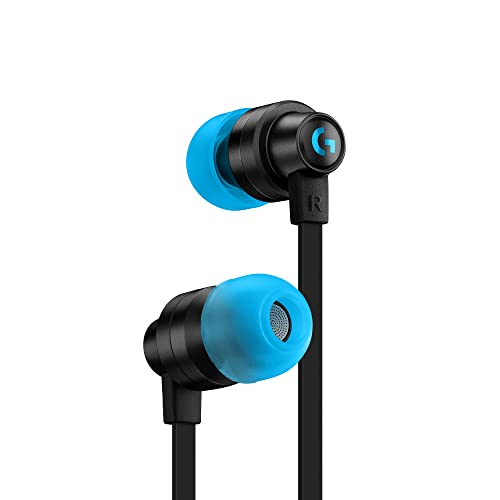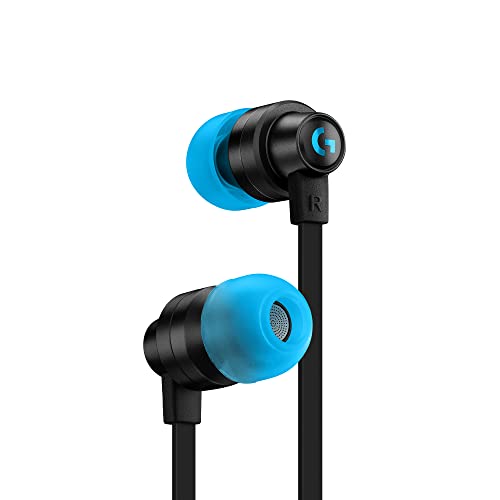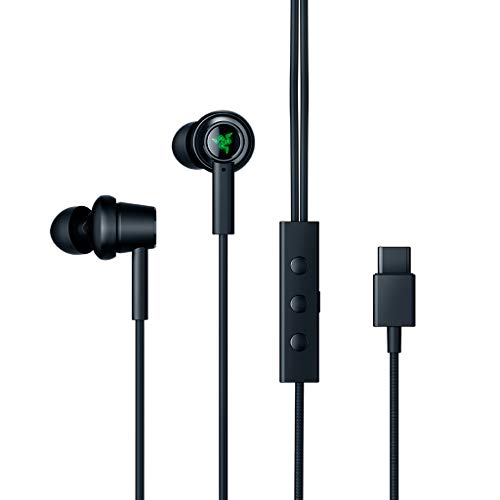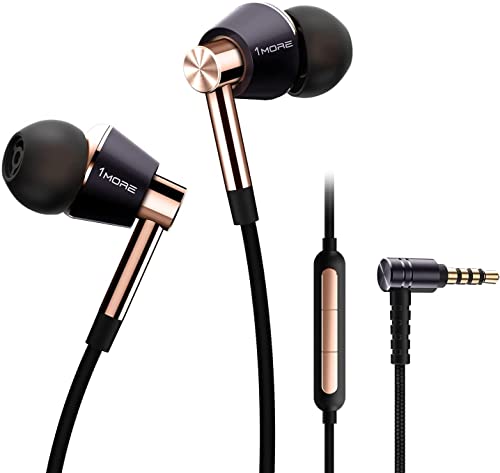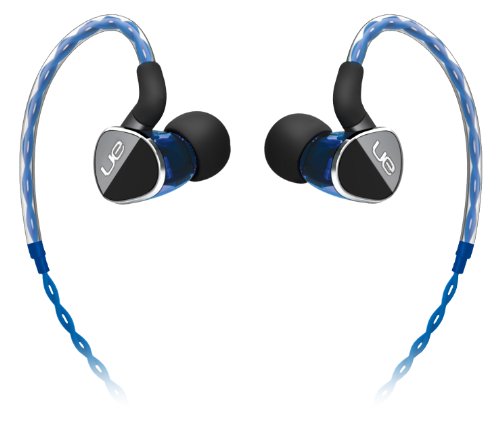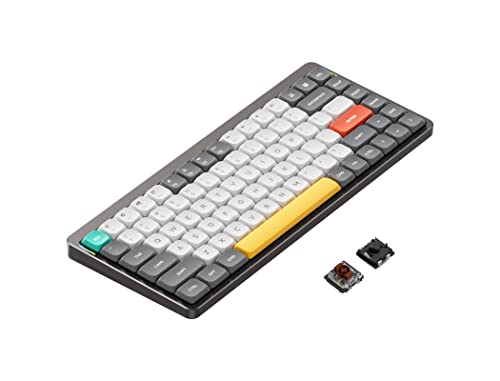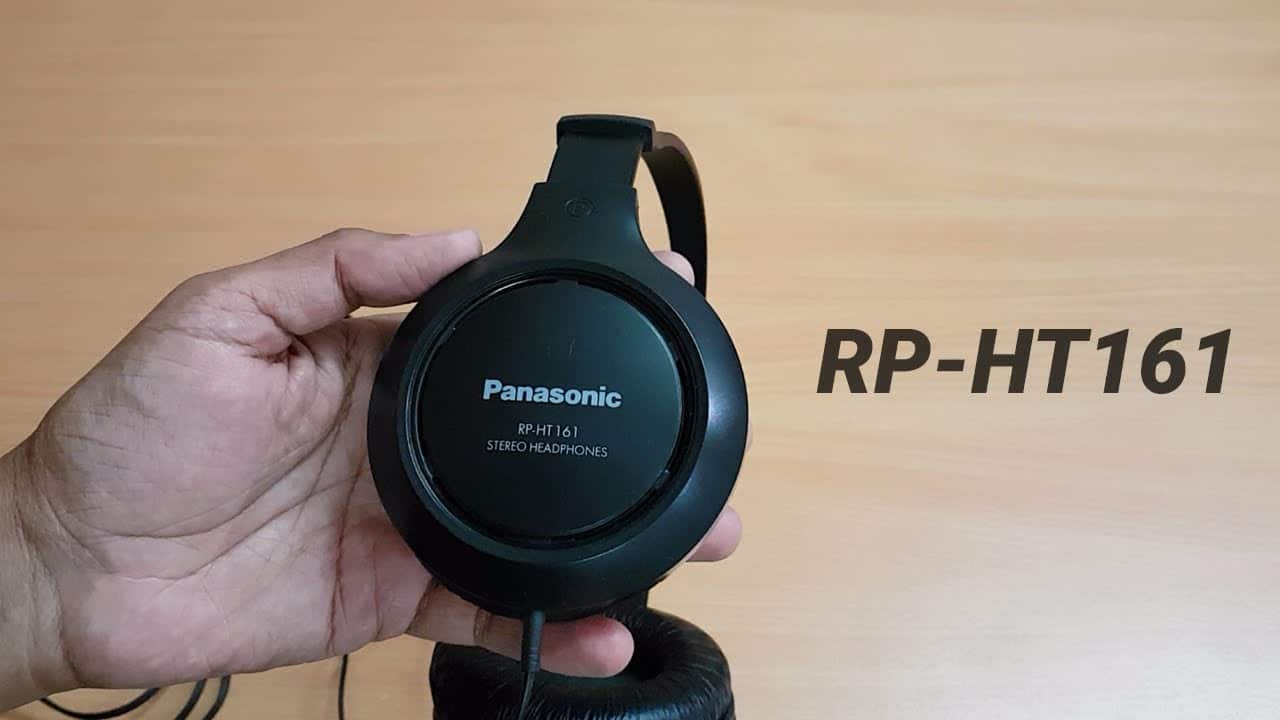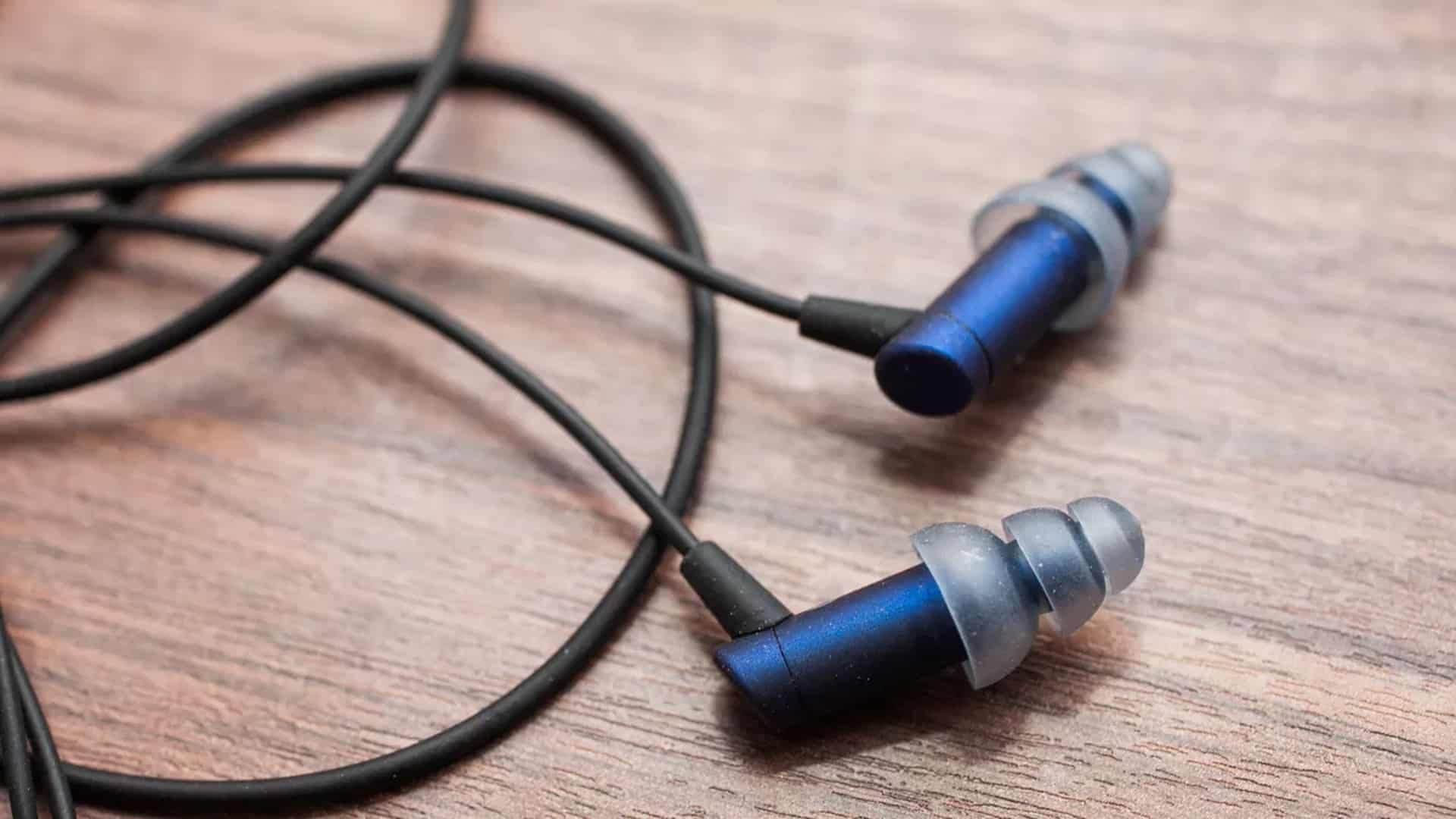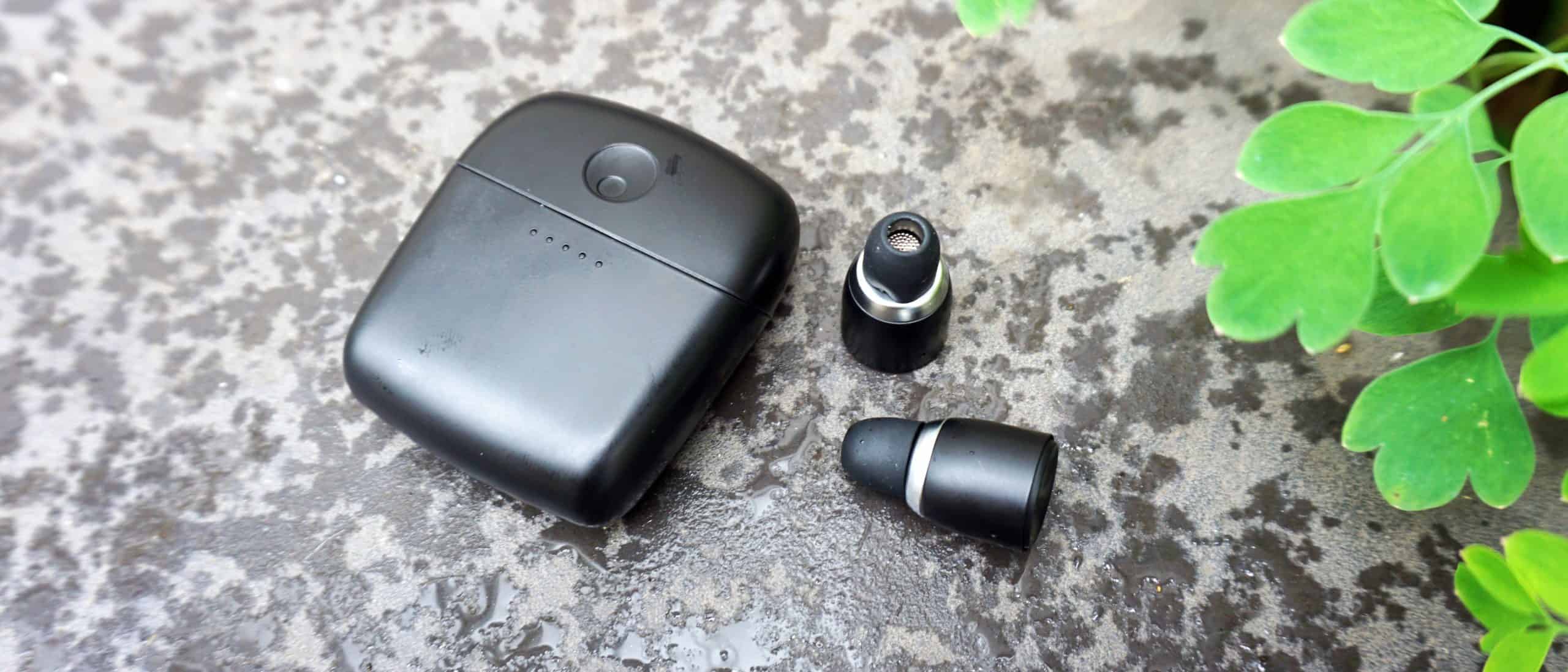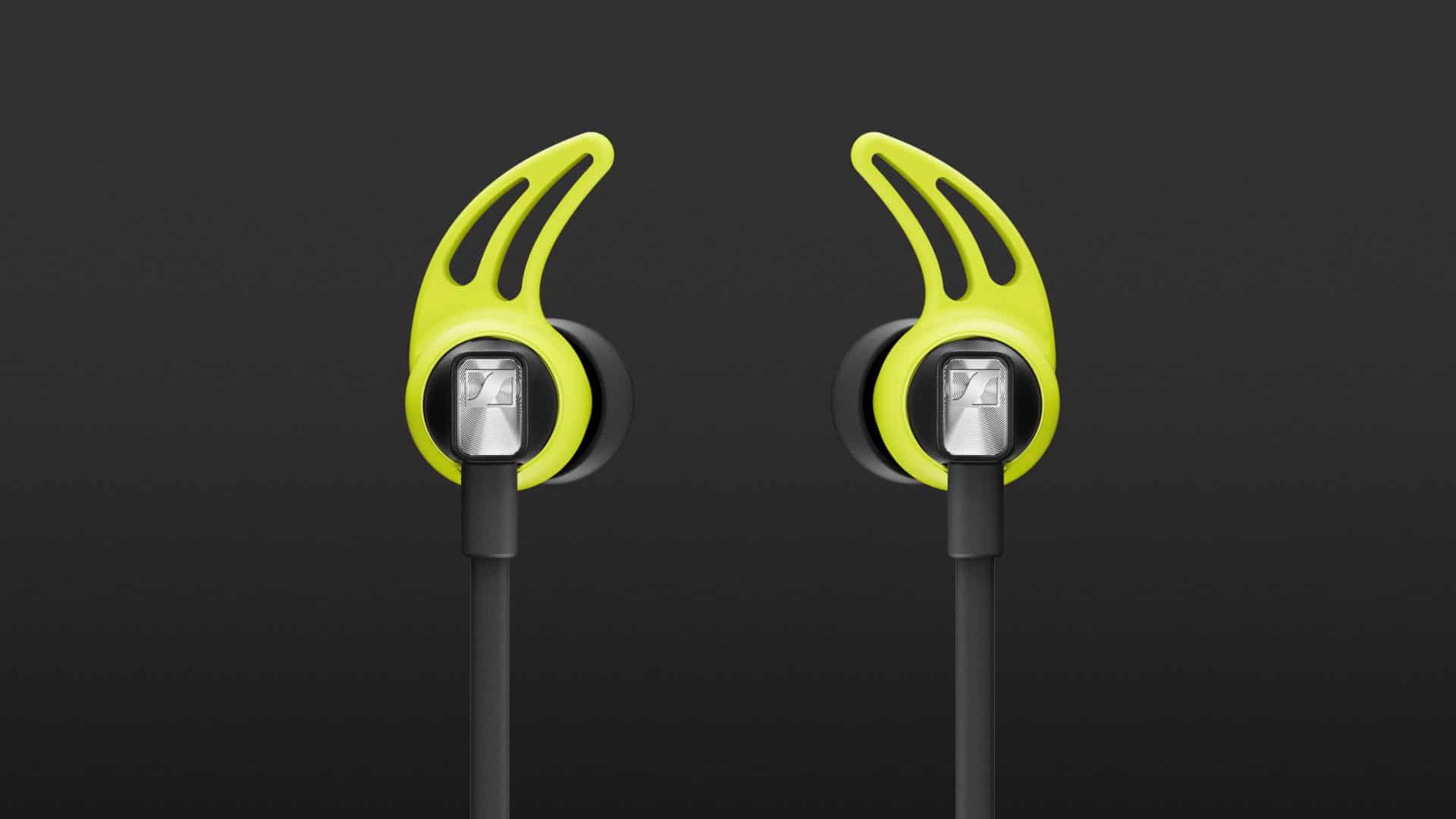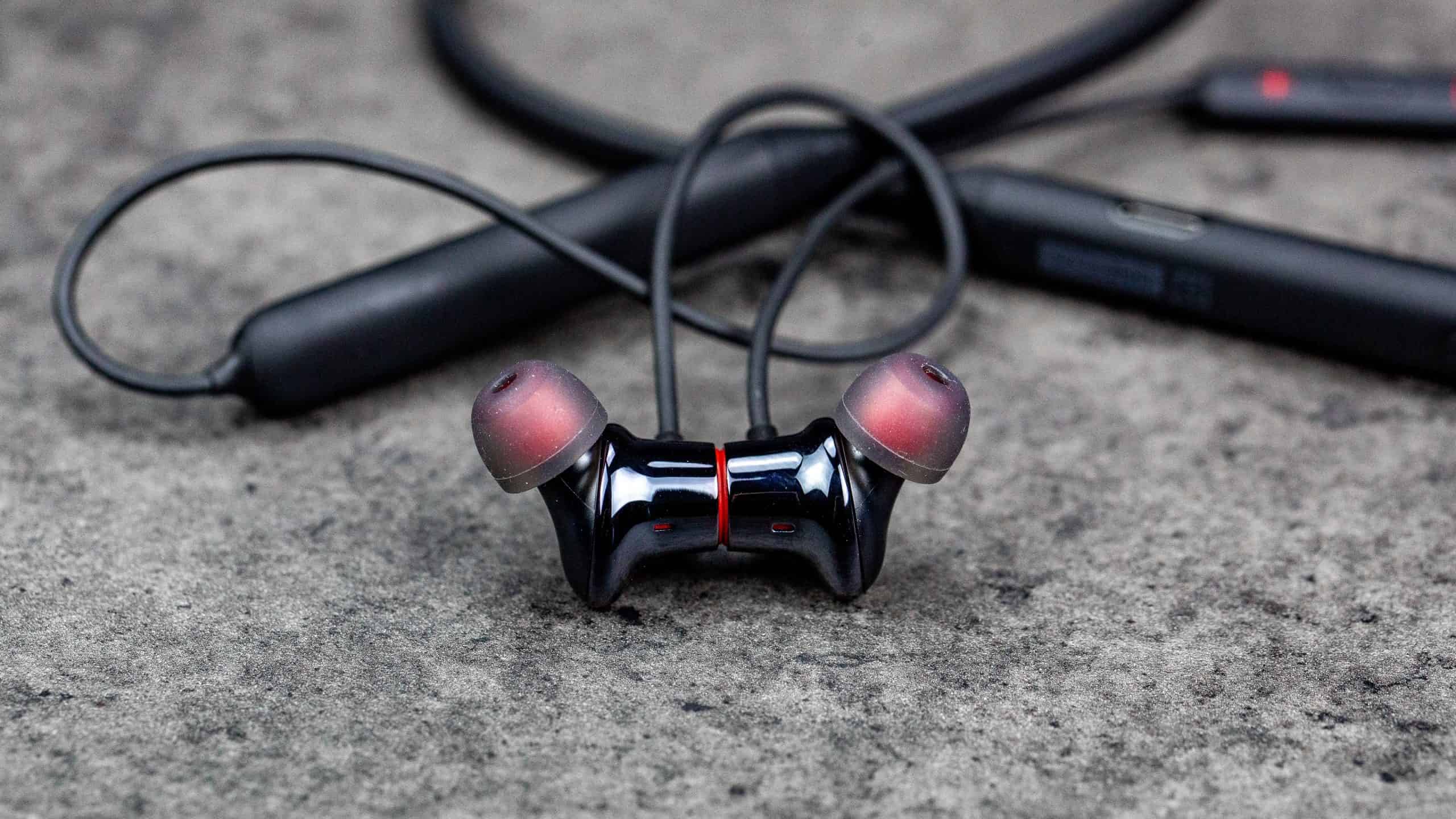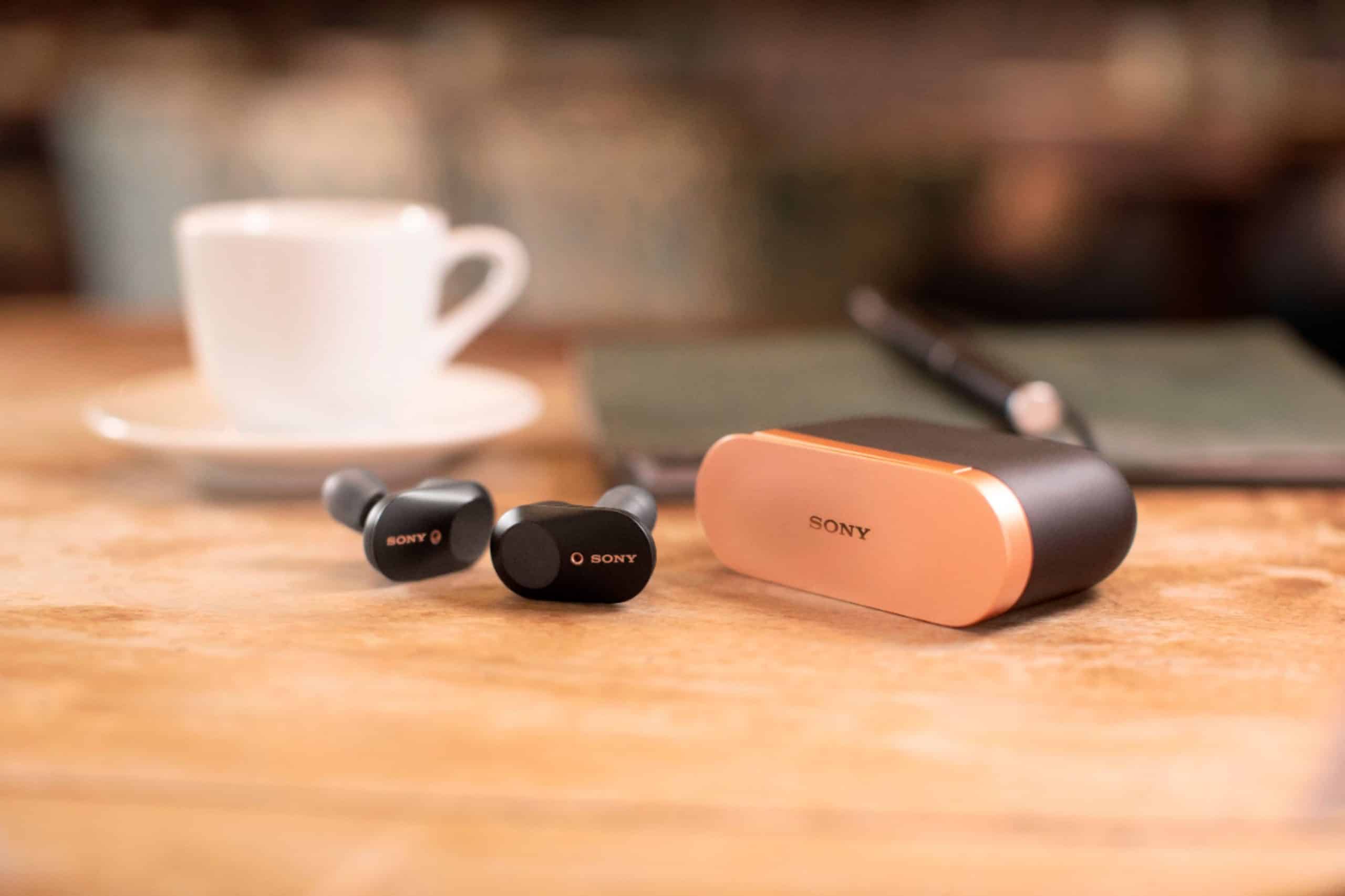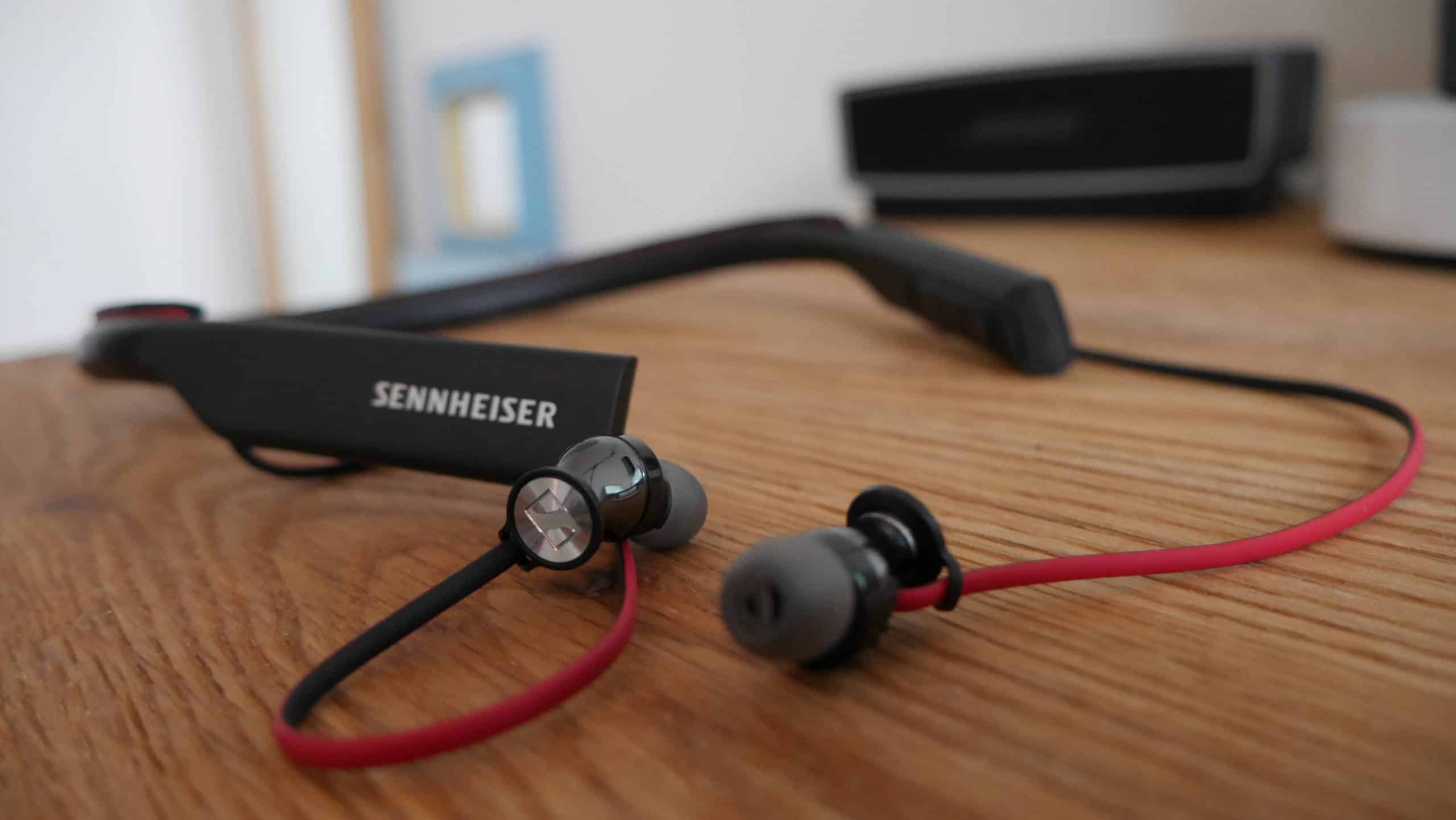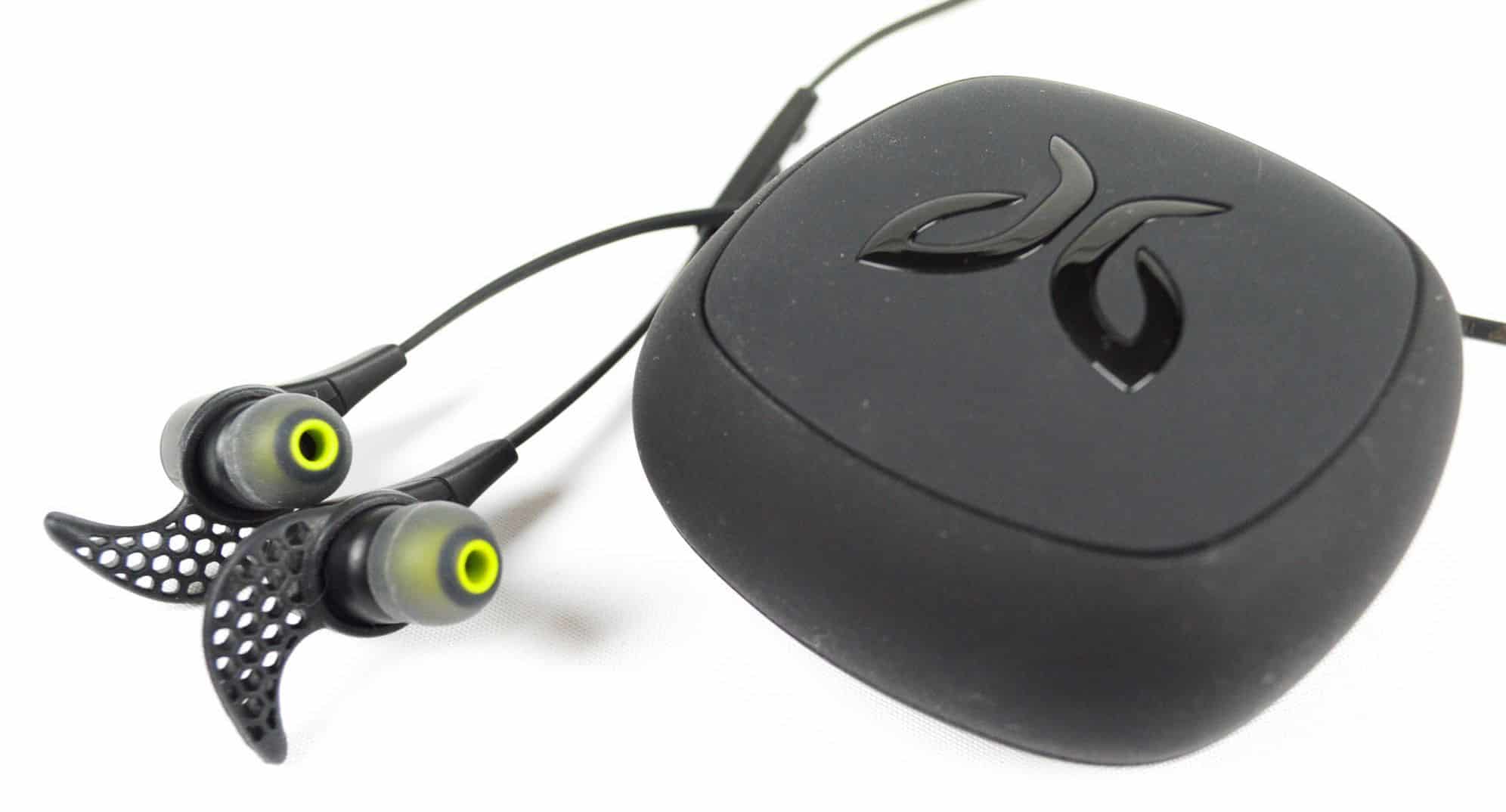Since the age of the Walkman, portable listening devices have become an integral part of modern life. And as these listening devices evolve, so do the best headphones. This also includes using Bluetooth headphones, which are free of cords and cables. But while so many enjoy tuning out the world’s worries with their headsets, doctors have increasingly warned that prolonged use can damage the ear. Below, we’ll dive into this predicament and explore just how long should you wear headphones.
KEY TAKEAWAYS:
- Doctors recommend that people avoid listening to loud noise above 85 decibels for prolonged periods to prevent ear damage.
- At maximum volume, music played through headphones is at about 100-110 decibels.
- Although not a sure-fire way of avoiding noise-induced hearing loss, over-the-ear headphones are the recommended option for protecting the ears.
And for more tips on headphone usage, we have an article that explains how to EQ headphones.
How Long Can You Wear Headphones
Headphones are now an inseparable part of day-to-day life. But as with anything that is used often, there have to be limitations. But it’s not all doom and gloom for our eardrums because the same doctors who promote regulating headphone usage also say there is such a thing as responsible usage.
Insider Tip
Most smartphones have settings to warn you when you’ve listened to loud music for too long.
You can also check out our article explaining how Dolby Atmos for headphones works for more technical information.
What Does Sound Do to Your Ears?
Thousands of delicate, hairlike cells exist within the ear canal and can become damaged if exposed to loud sounds for too long. Damage to these hair cells can interrupt the flow of information to the brain, and if you are exposed long enough, it can cause permanent hearing loss.
What Is a Safe Level of Listening Duration and Volume?
The CDC recommends limited sound levels over 85 decibels for no more than two hours. Anything more puts you at risk of hearing loss. So, to put this in terms of headphones, music at a maximum volume clocks in at around 100-110 decibels. Experts recommend avoiding this sound level for any time span over 15 minutes.
As a rule of thumb, doctors also say that you shouldn’t listen to more than 60 minutes per day of in-ear audio with the volume set at 60% or more of the maximum output.
Different Types of Headphones
It would be foolish not to touch on the many different types of headphones that exist. The medical consensus is that over-the-ear headphones are by far the best to protect your ear health. Over-ear headphones don’t funnel sound directly onto the areas where the hair cells are, which can significantly reduce the chances of permanent hearing damage.
Warning
Just because over-ear headphones are better for ear health does not mean they can’t cause hearing damage.
F.A.Q.S
What are some common signs of hearing issues?
The most common signs are a ringing, buzzing, or muffled effect.
How do I know if there’s been hearing damage?
Not all hearing damage is permanent, but the only way to figure this out is to schedule a doctor’s appointment.
How can I reduce discomfort when using my headphones?
There are multiple ways to accomplish this. For example, you can clean your headphones, keep the volume at 60% of maximum output, or use more comfortable pads to cover the buds. But the best way to reduce discomfort is to make sure to take breaks from in-ear listening.
STAT: Normal conversation occurs at about 70 decibels, whispering at 30, and a lawnmower at 85. (source)
REFERENCES:
- https://www.health.harvard.edu/blog/healthy-headphone-use-how-loud-and-how-long-2020072220565
- https://www.cdc.gov/nceh/hearing_loss/what_noises_cause_hearing_loss.html#:~:text=Sound%20is%20measured%20in%20decibels,immediate%20harm%20to%20your%20ears.
- https://deafblind.org.uk/6-simple-ways-to-check-if-your-headphones-are-too-loud/#:~:text=Experts%20recommend%20keeping%20sound%20levels,is%20different%20for%20each%20individual.r
- https://headphonescloud.com/how-long-should-you-wear-headphones-a-day/
- https://osteopathic.org/what-is-osteopathic-medicine/headphones-hearing-loss/#:~:text=Duration%20of%20exposure%20to%20noise,shorter%20your%20duration%20should%20be.
















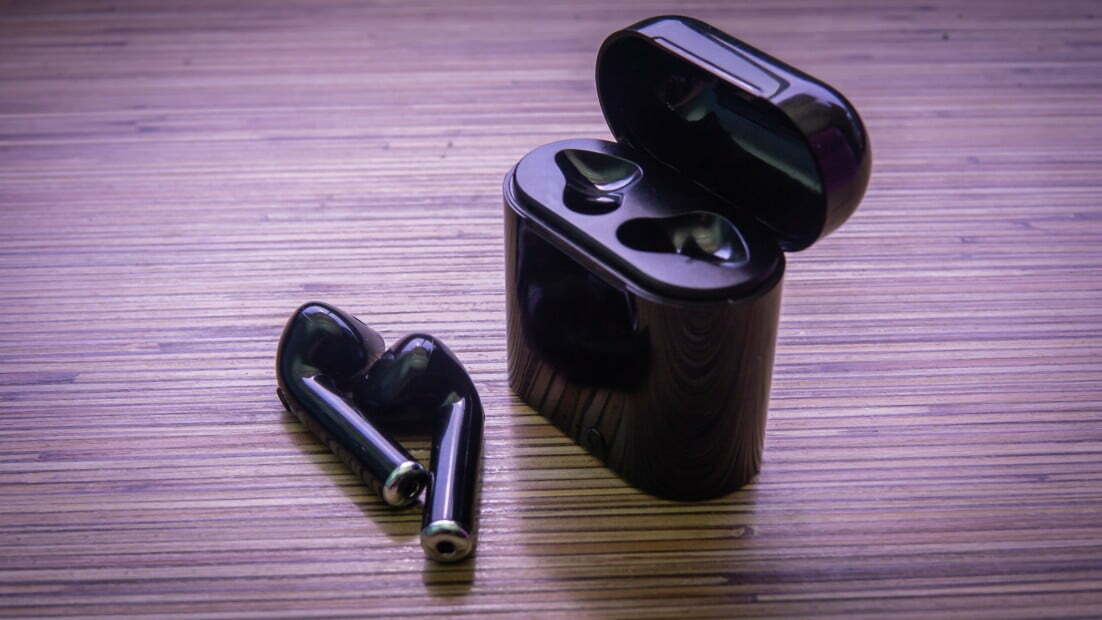

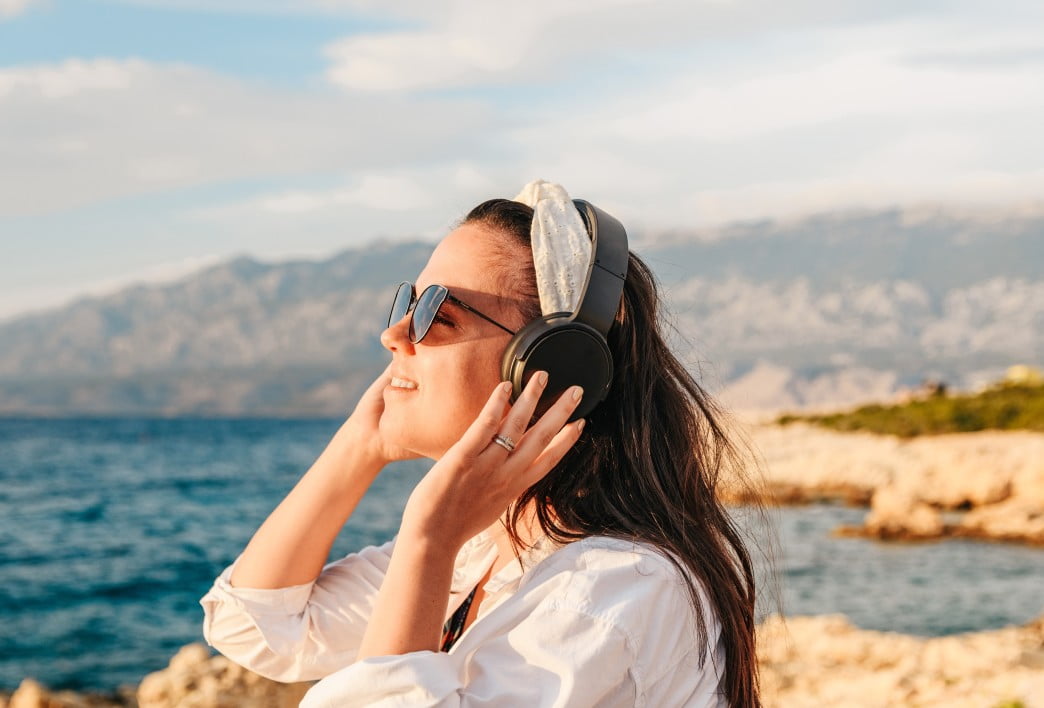
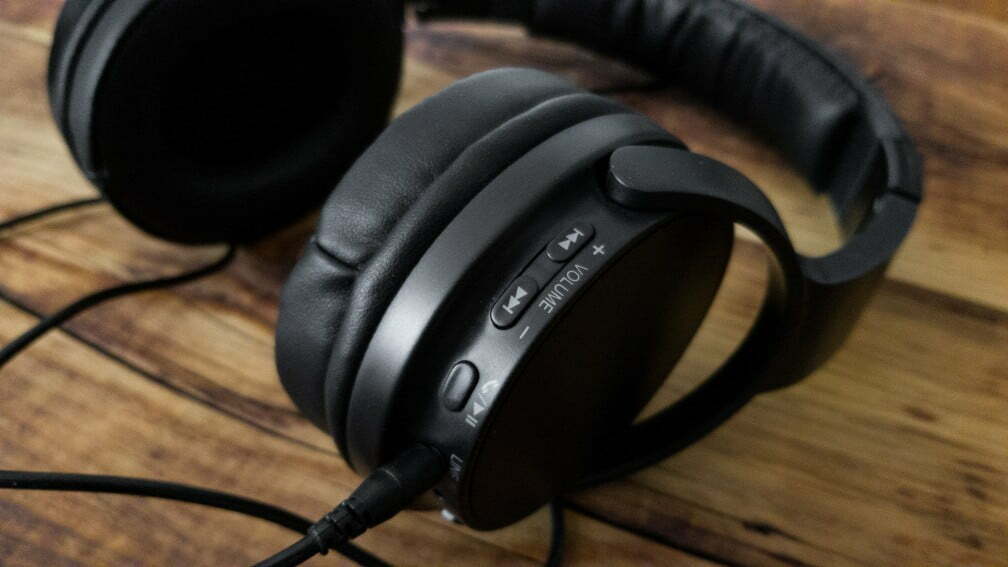





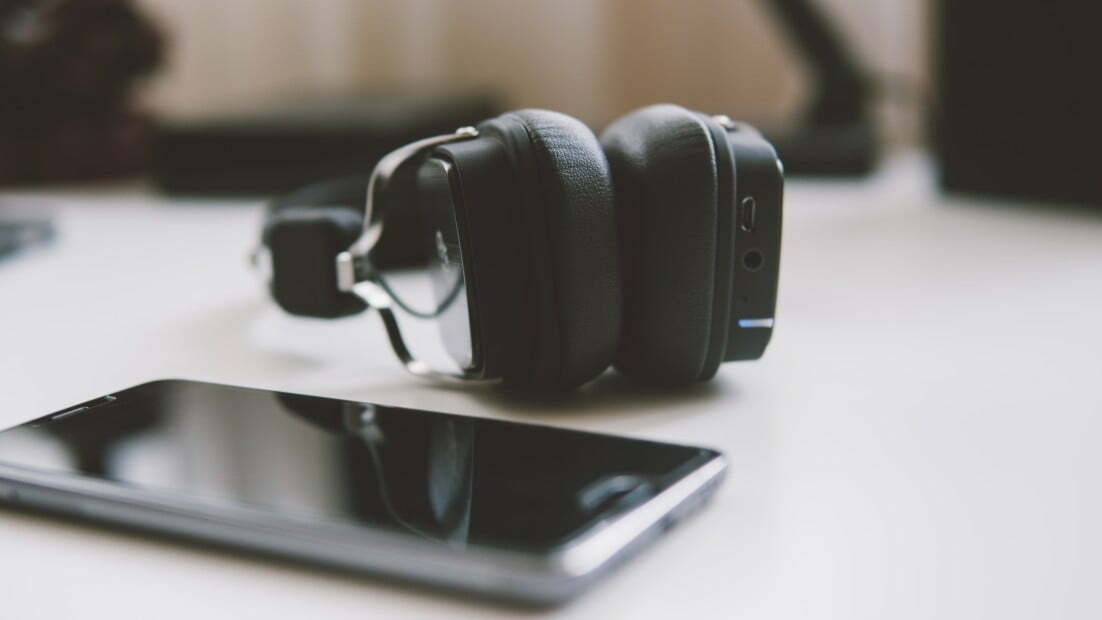

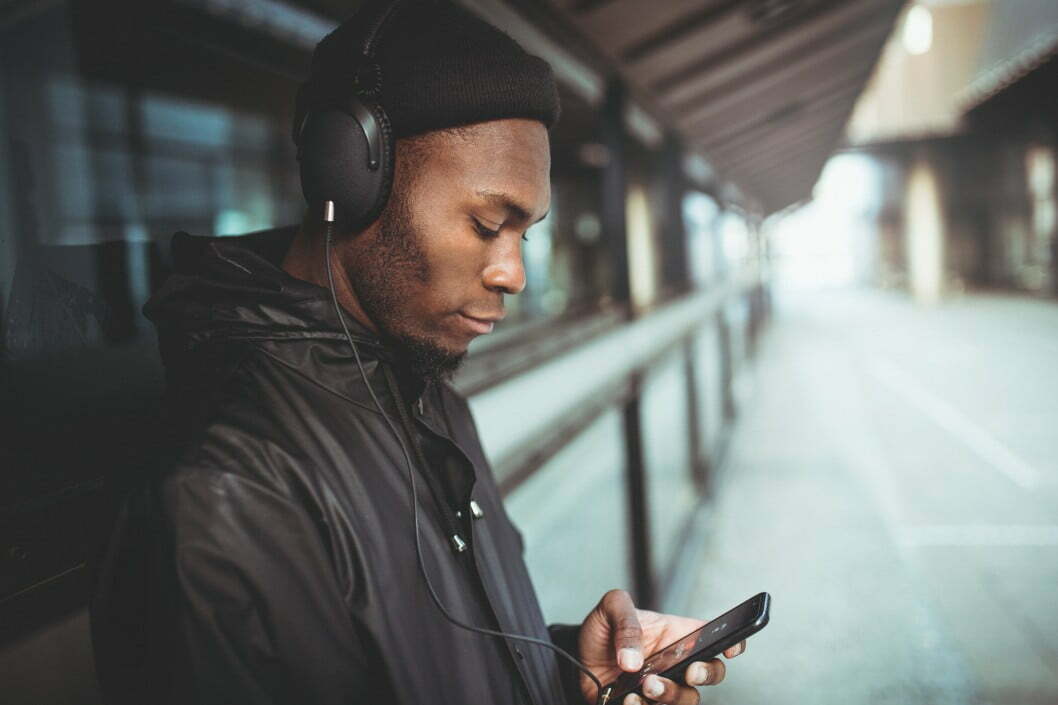
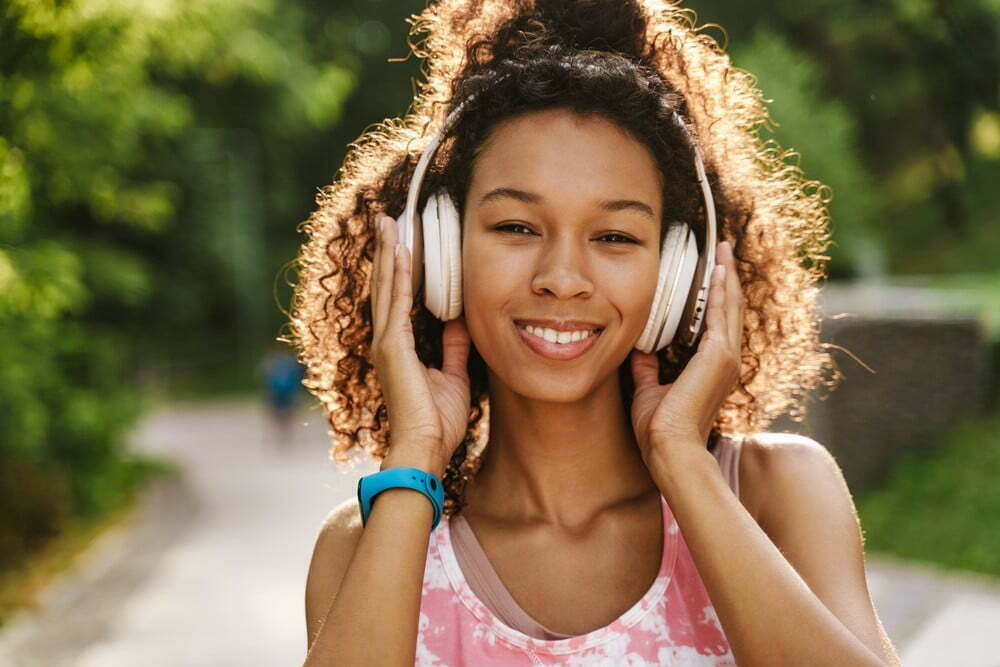
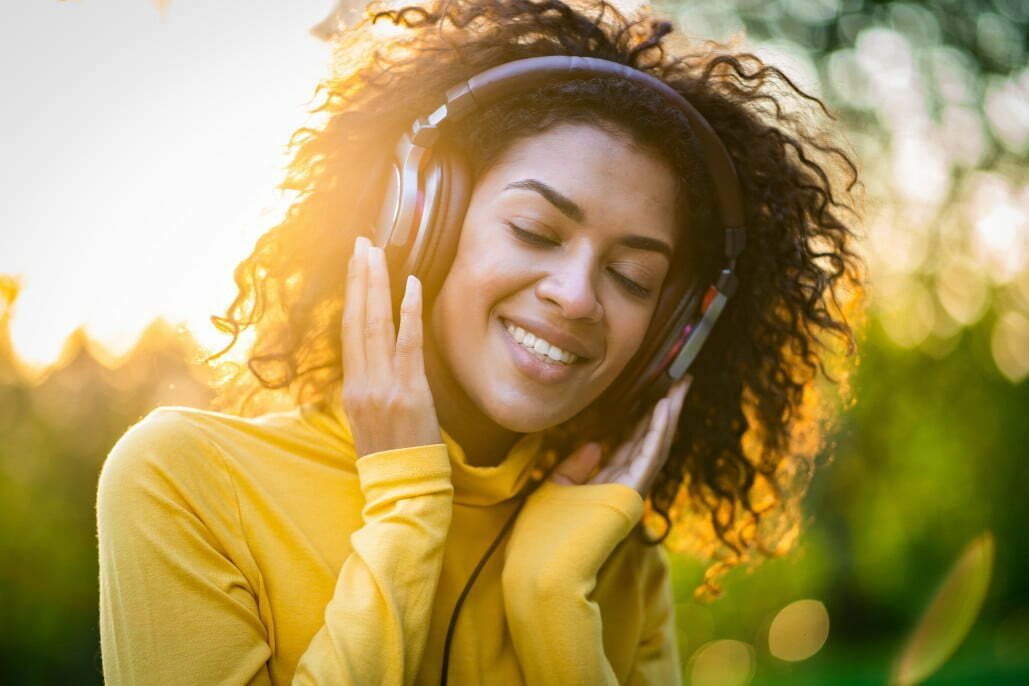
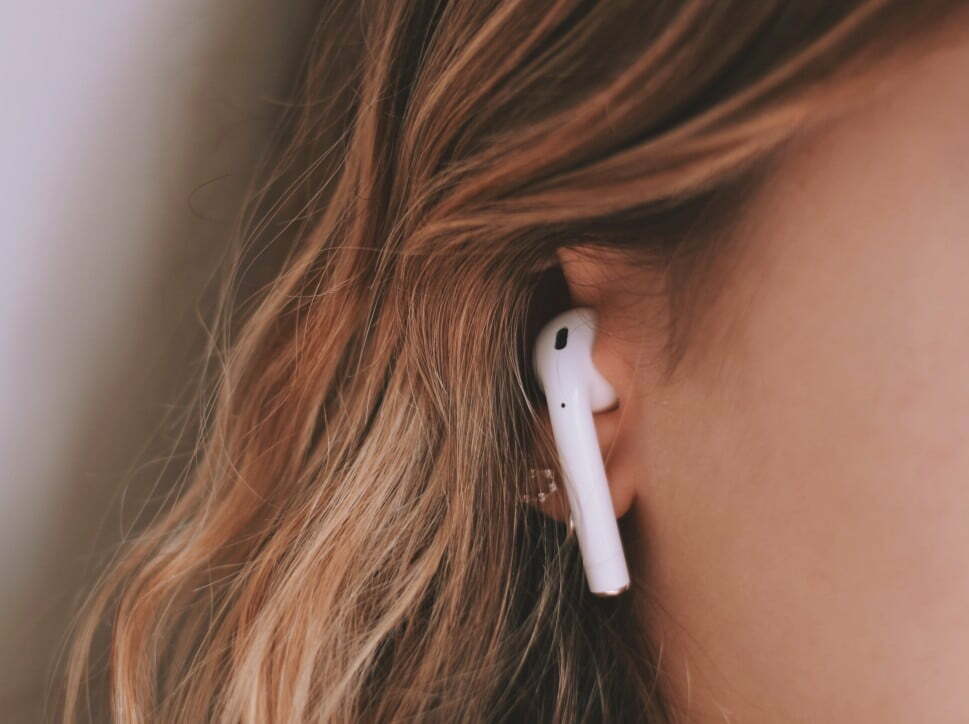
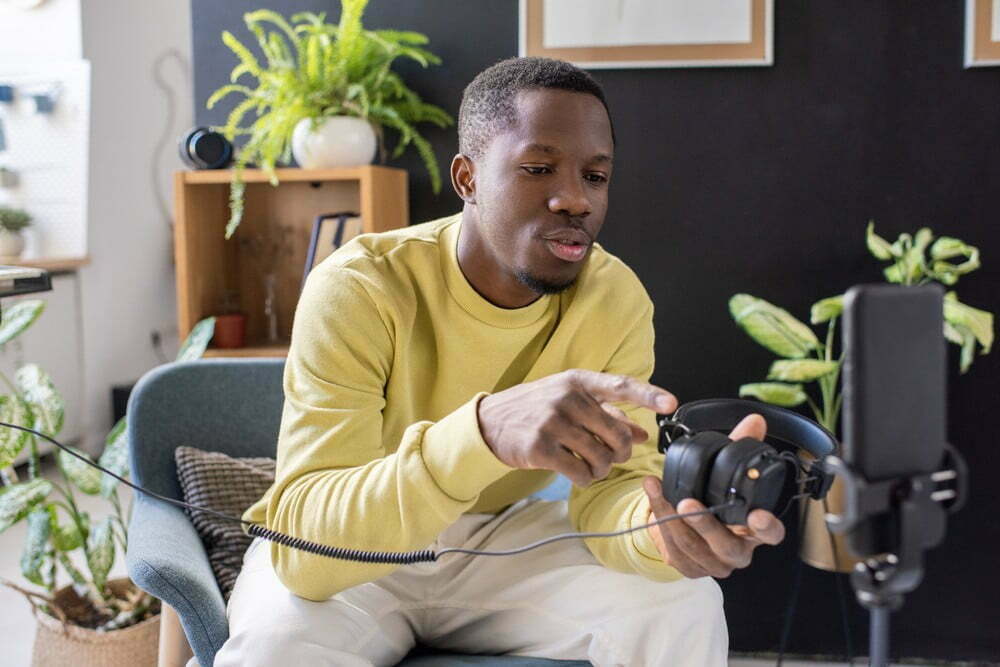
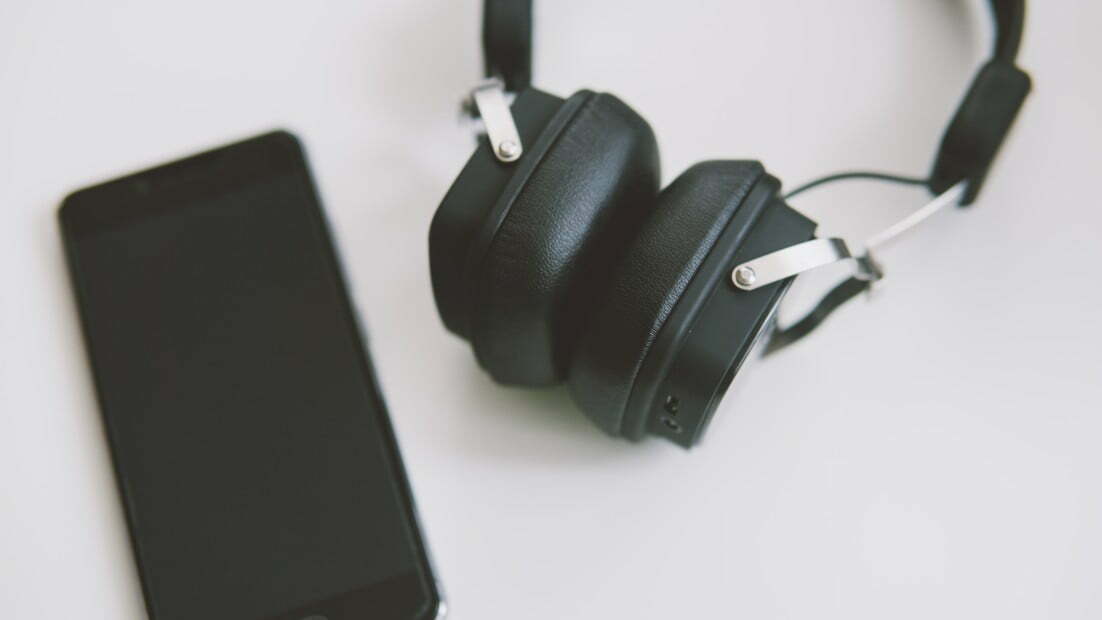
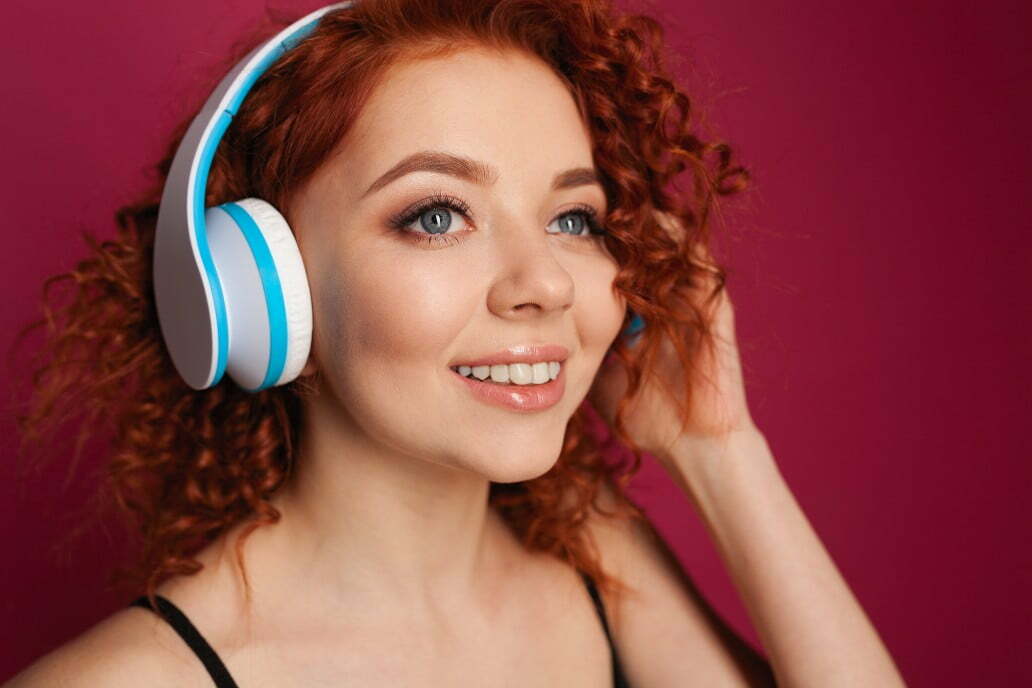
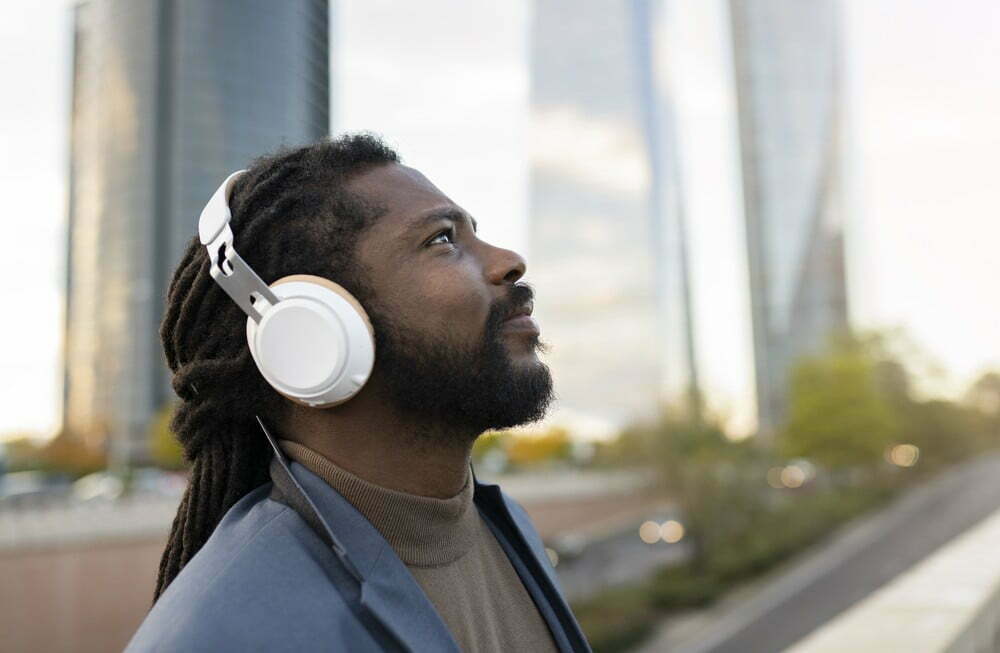
![Best Over-Ear Headphones for Working Out in [year] 27 Best Over-Ear Headphones for Working Out in 2026](https://www.gadgetreview.dev/wp-content/uploads/best-over-ear-headphones-for-working-out-image-scaled.jpg)
![Best Sennheiser Headphones in [year] 28 Best Sennheiser Headphones in 2026](https://www.gadgetreview.dev/wp-content/uploads/best-sennheiser-headphones-image-1.jpg)
![Best Sony Headphones in [year] 29 Best Sony Headphones in 2026](https://www.gadgetreview.dev/wp-content/uploads/best-sony-headphones-image-1.jpg)
![Best Open Back Headphones in [year] 30 Best Open Back Headphones in 2026](https://www.gadgetreview.dev/wp-content/uploads/best-open-back-headphones-image-1.jpg)
![Best Headphones in [year] ([month] Reviews) 31 Best Headphones in 2026 (January Reviews)](https://www.gadgetreview.dev/wp-content/uploads/best-over-the-ear-headphones.jpg)
![Best Noise Cancelling Headphones for Sleeping in [year] 32 Best Noise Cancelling Headphones for Sleeping in 2026](https://www.gadgetreview.dev/wp-content/uploads/best-noise-cancelling-headphones-for-sleeping-image-1.jpg)
![Best Noise-Cancelling True Wireless Earbuds in [year] 33 Best Noise-Cancelling True Wireless Earbuds in 2026](https://www.gadgetreview.dev/wp-content/uploads/best-noise-cancelling-true-wireless-earbuds-image.jpg)
![Best Headphones with a Mic in [year] 34 Best Headphones with a Mic in 2026](https://www.gadgetreview.dev/wp-content/uploads/best-headphones-with-mic-image.jpg)
![Best Headphones for Sleeping in [year] 35 Best Headphones for Sleeping in 2026](https://www.gadgetreview.dev/wp-content/uploads/best-headphones-for-sleeping-image.jpg)
![Best Headphones for Teens in [year] 36 Best Headphones for Teens in 2026](https://www.gadgetreview.dev/wp-content/uploads/best-headphones-for-teens-image.jpg)
![Best Noise Canceling Headphones for Kids in [year] 37 Best Noise Canceling Headphones for Kids in 2026](https://www.gadgetreview.dev/wp-content/uploads/best-noise-cancelling-headphones-for-kids-image.jpg)
![Best Headphones for Music Production in [year] 38 Best Headphones for Music Production in 2026](https://www.gadgetreview.dev/wp-content/uploads/best-headphones-for-music-production-image.jpg)
![Best Wired Headphones in [year] 39 Best Wired Headphones in 2026](https://www.gadgetreview.dev/wp-content/uploads/best-wired-headphones-image.jpg)
![Best USB Headphones in [year] 40 Best USB Headphones in 2026](https://www.gadgetreview.dev/wp-content/uploads/best-usb-headphones-image.jpg)
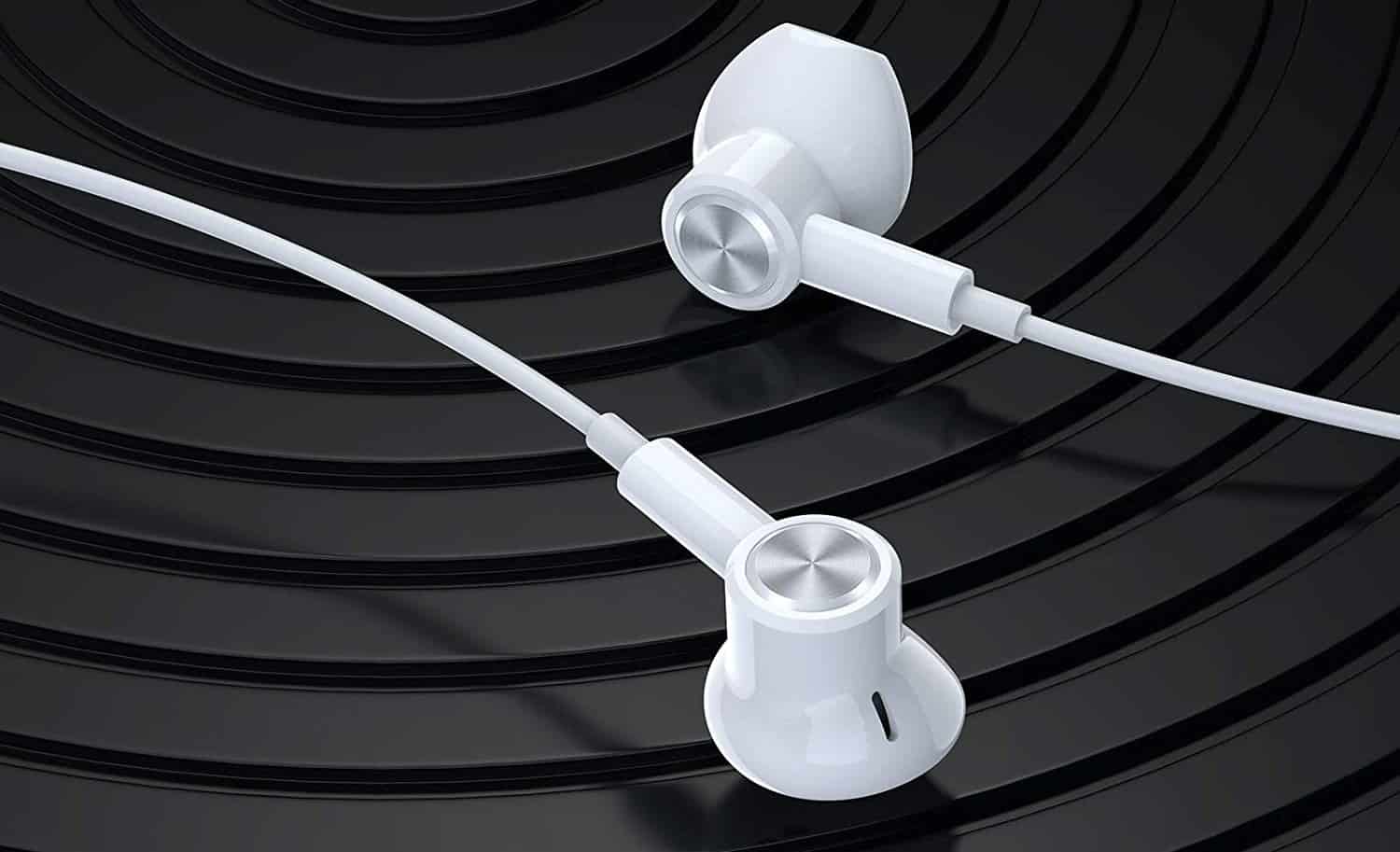
![Best Headphones for Mowing in [year] 42 Best Headphones for Mowing in 2026](https://www.gadgetreview.dev/wp-content/uploads/best-headphones-for-mowing-image.jpg)
![Best Headphones for Music in [year] 43 Best Headphones for Music in 2026](https://www.gadgetreview.dev/wp-content/uploads/best-headphones-for-music-image.jpg)
![Best TV Headphones for Seniors in [year] 44 Best TV Headphones for Seniors in 2026](https://www.gadgetreview.dev/wp-content/uploads/best-tv-headphones-for-seniors-image.jpg)
![Best True Wireless Earbuds in [year] 45 Best True Wireless Earbuds in 2026](https://www.gadgetreview.dev/wp-content/uploads/best-true-wireless-earbud-image.jpg)
![Best Swimming Headphones in [year] 46 Best Swimming Headphones in 2026](https://www.gadgetreview.dev/wp-content/uploads/best-swimming-headphones-image.jpg)
